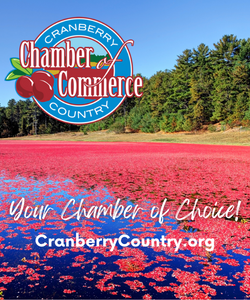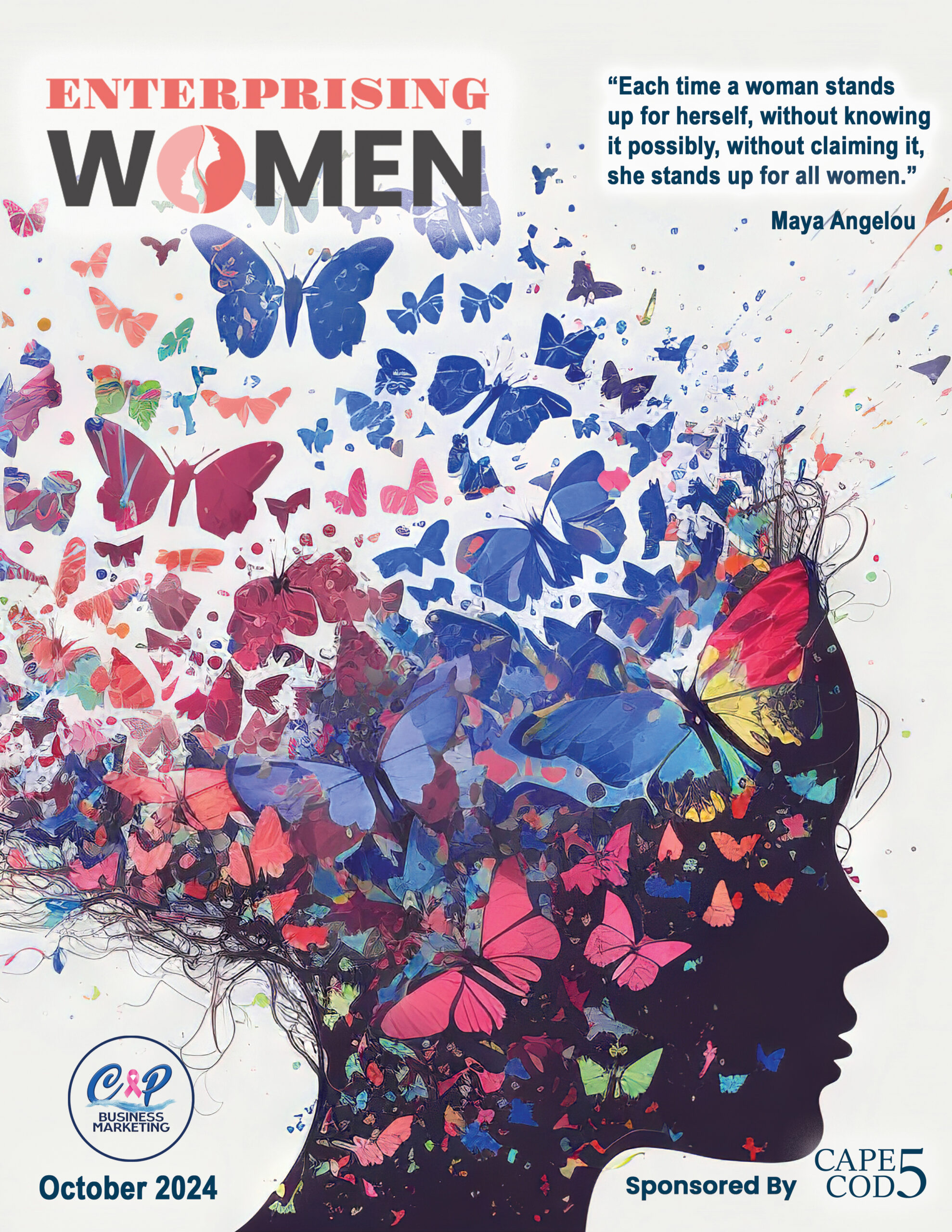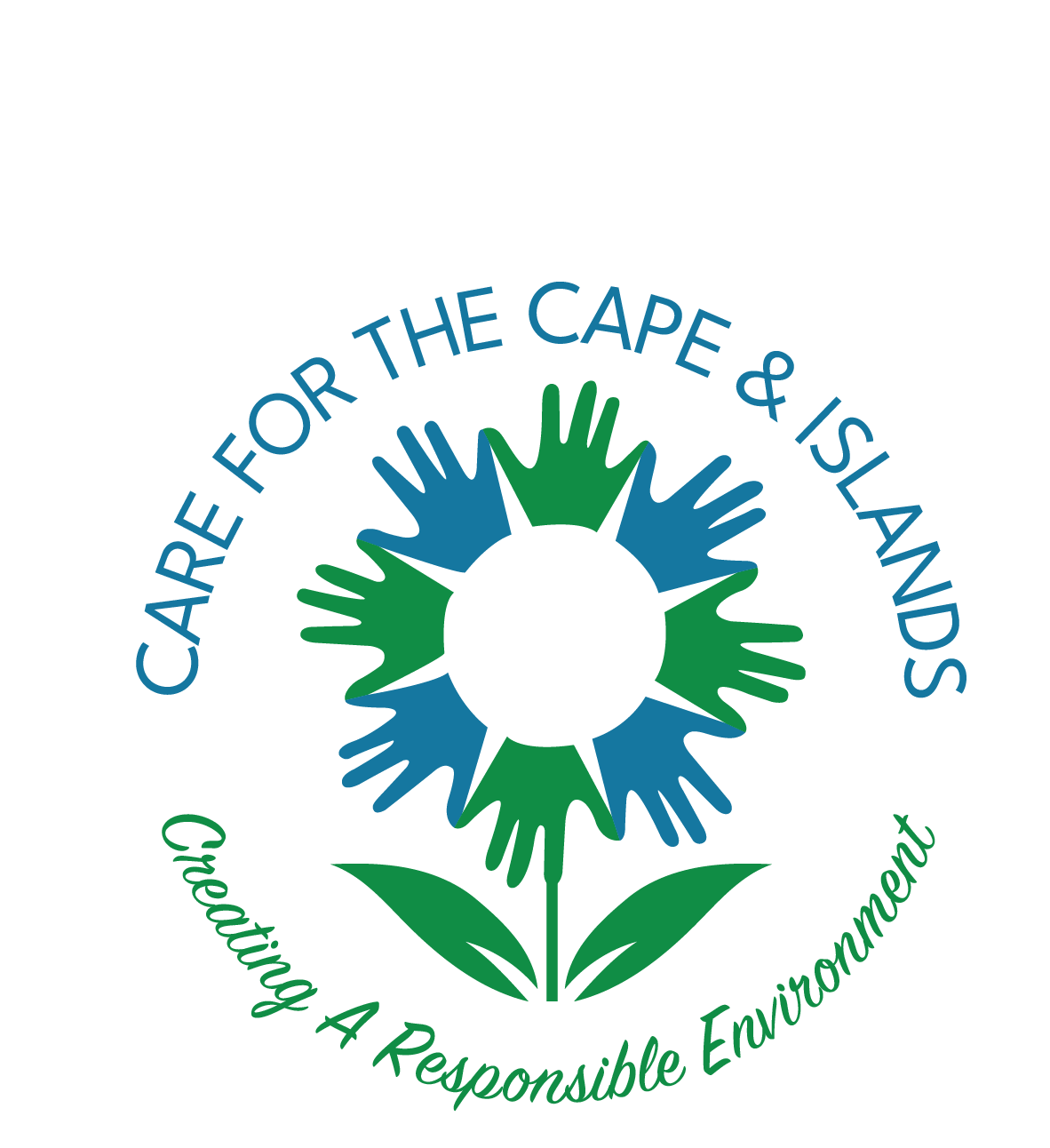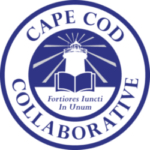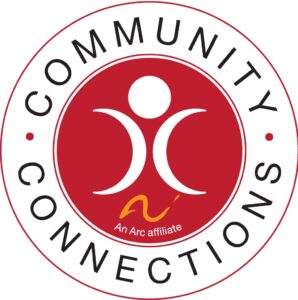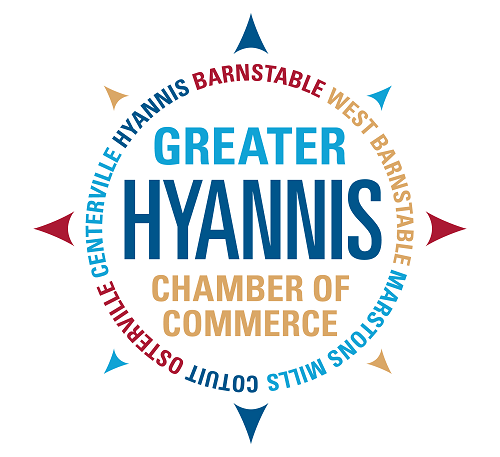By Carol K. Dumas
Working in finance after graduating from Babson College just didn’t cut it for Patrick Clarke, a Cumberland, R.I. native who had had a deep affinity for Cape Cod ever since he summered there as a boy. “I felt like I’d lost my connection to the Cape,” he recalls.
In 2013, he founded Cape Clasp, creating a simple bracelet with a pendant shaped like Cape Cod, attached to a cord, and developed a partnership with Cape Cod National Seashore, donating 15 percent of the proceeds from bracelet sales to the national park.
Starting this business “was like coming home for me,” Clarke says. “I was passionate about the issues affecting the Cape’s environment, particularly the ocean. This business fit into my lifestyle and my passion.”
Thanks to social media marketing, the bracelet quickly sold out and Clarke brainstormed with his team about ways to expand the product line and support other organizations concerned about ocean and marine life conservation.
More designs were developed: bracelets with silver or bronze hammerhead or great white sharks, sea turtles, manta rays and Martha’s Vineyard. Rings, pendants and t-shirts are now part of the product line.
Cape Clasp has since partnered with other environmentally focused organizations, including Mass Audubon, Atlantic White Shark Conservancy and Center for Coastal Studies. To date the company has donated $70,000 to its partners. “We’re really proud of that,” he says.
This past June, Cape Clasp dove deeper into its mission, creating Tikós, a bracelet made from recycled plastics found in the world’s oceans, plastics that endanger marine life.
“Tikós is an abbreviation of the Greek word, plastikós, which meant ‘to shape or mold’ before plastic was even invented,” Clarke explains. “The bracelets serve as a daily reminder to shape sustainable habits and it seemed very fitting.”
Each bracelet represents 100 plastic bottles. Buyers can choose their cause (four) that’s reflected by color: black for Skip the Straw; blue for Bring the Bag; turquoise for Keep the Cup; and tan for Clean the Coast.
The growth of the company, Clarke feels, is because its mission struck a chord with people who have seen the Cape and other coastal communities changing due to human impact and climate change. Videos about the products that went “viral” gained them national publicity on “The Today Show,” and the company finds social media a vital marketing tool as is SEO, email and even old school press releases announcing product launches. Geo-caching events where participants can search for a Cape Clasp product are a fun way the company promotes its merchandise. Weekly blog posts keep readers up to date on current ocean issues.
Merchandise is sold online at capeclasp.com, through their partners and at retail shops in Cape Cod, Plymouth and Boston. Clarke hopes to one day open a Cape Clasp retail store on the Cape.
Marketing is simply telling a story, Clarke says, but the company strives to connect its products to the bigger picture. Check out any of the merchandise for sale on their web site and learn more about why a sea creature is critical to marine habitats or why they are threatened. Why, in fact, you should care.
“Despite their size, manta rays move with incredible grace below the waves,” notes information below the manta ray bracelet. “These gentle giants are often misunderstood as being dangerous creatures because of their similarities with stingrays, but the truth is they’re harmless… As gentle and majestic as they are, manta rays are under threat. They’re hunted for their gill plates, which are mistakenly thought to hold incredibly healing powers in Chinese medicine. Even when they’re not targeted, manta rays are in danger as they often end up as bycatch in fishing equipment.”
Fifteen percent of profits from every Manta Ray Clasp are donated directly to Blue Sphere Foundation to support their efforts in protecting threatened marine species and habitats.
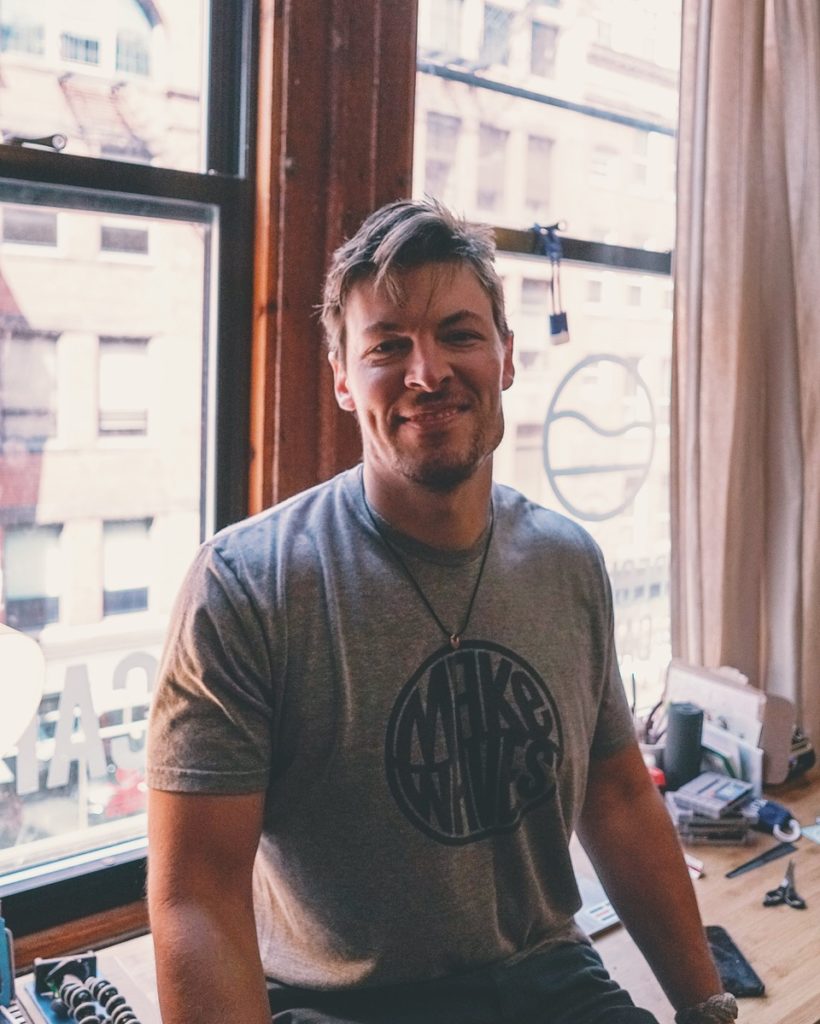
“Season 2” of the Tikós bracelet will be launched in February 2020 in the Bahamas. Cape Clasp has partnered with the Bahamian organization Beneath the Waves whose research has a goal of creating a sustainable future for sharks and the oceans.
Clarke divides his time between an office in Boston near Post Office Square and the original office in Woods Hole, the creative base. “We have a scrappy team of five people and a few freelancers,” he says. Clarke wears two Tikós bracelets on one wrist and a Cape Clasp that he changes periodically on the other. “I’m super involved day to day.”
His advice to would be entrepreneurs?
“Find what you love and pursue it relentlessly. It’s an uphill battle, but it doesn’t feel like work. I like to say, ‘stop treading water and make waves.”















